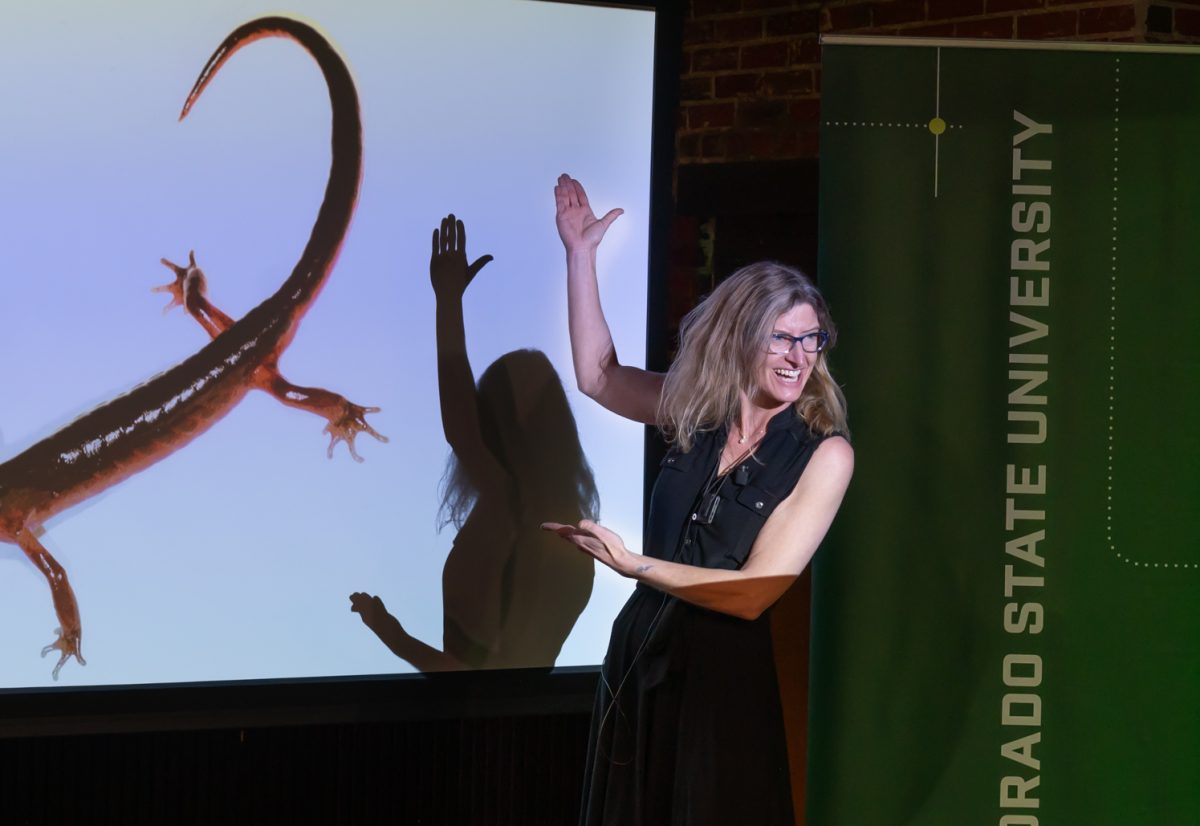 Editor’s Note: All opinion section content reflects the views of the individual author only and does not represent a stance taken by the Collegian or its editorial board.
Editor’s Note: All opinion section content reflects the views of the individual author only and does not represent a stance taken by the Collegian or its editorial board.
We like sex. It seems so obvious and obnoxious, it’s stupid to even say. (The only thing equally obnoxious to say is “listen to our podcast.” And you guessed it, we have a podcast. Give it a listen.)
We also like feminism. So what does that mean?
It means a critical look at sex and romance. We find that sex positivity often slips into a trap of turning a blind eye to behaviors that should probably looked at more closely.
But, when you jump into bed, you get to take off your clothes, but not your socialization.
In her essay “Sexuality” Catherine Mackinnon outlines what I’m trying to say.
“To suggest that the sexual might be continuous with something other than sex itself – something like politics – is seldom done, is treated as detumescent, even by feminists. It is as if sexuality comes from the stork,” she writes in her 1989 essay.
With all this in mind, we set out to make a podcast about sex and romance, but from an explicitly feminist perspective. And this Valentine’s Day, we’re taking a look at first times and virginity, being that it’s our first time.
Virginity is a totally f*cked-up concept. It is medically impossible to measure, made to control people’s sexuality and functions to make heterosexual relationships seem like the only relationship that exists (that’s called heteronormativity, but more on that later.)
Between being impossible to prove and creating a whore/prude dichotomy, the concept of “virginity” hurts everybody. But it hurts people differently. Jessica Valenti dedicates a lot of her book “The Purity Myth” to this idea.
“The desirable virgin is sexy but not sexual. She’s young, white, and skinny. She’s a cheerleader, a babysitter; she’s accessible and eager to please… She’s never a woman of color. She’s never a low-income girl or a fat girl. She’s never disabled,” Valenti writes.
Virginity functions to pedestalize (and fetishize!) straight, skinny, pretty, white women. It imagines an ideal woman as waiting for the right man to come along and put his, and only his, penis inside her (in a God-sanctioned way, I don’t know, marriage? People seem to think God is pretty particular about what kind of sex is okay…). So like Valenti says, this ideal doesn’t work for a lot of people.
In her lecture “Liberating Sexuality: Starting with Black Woman” Dorothy Roberts talks about how the demand to be “pure” is harder on Black women because images of Black women are so sexualized. She argues, “The revolution can’t happen without ending the oppression of Black women.”
This plays out similarly for all women of color, who are coded as impure both historically and through modern images.
The virgin ideal doesn’t work for queer people, who have sex not traditionally considered sex (ie p to v penetration). It doesn’t work for people with disabilities. It certainly doesn’t work for people who don’t want a person’s worth to be associated with the sex they are or not having.
Basically, the concept of virginity is an evil sh*tty trap. Listen to the show here.
Collegian Managing Editor Tatiana Parafiniuk-Talesnick can be reached at managingeditor@collegian.com or on Twitter @tatianasophiapt.










